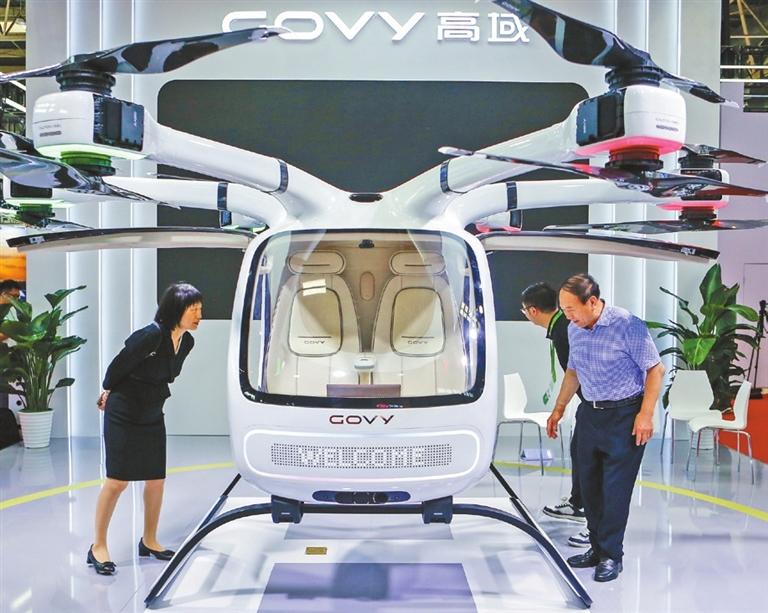

ON a third trip to China this year, Nvidia Chief Executive Officer Jensen Huang praised the country’s artificial intelligence (AI) firms while positioning the U.S. chip giant as a partner rather than a competitor in the world’s second-largest economy. Nvidia has to navigate the increasingly complex U.S.-China trade relations while seeking to maintain its foothold in the crucial Chinese market, Huang said during a 90-minute press conference in Beijing on Wednesday, after his keynote speech at the China International Supply Chain Expo. Huang said he has to maintain a “good relationship” with both the Chinese and American governments. Praising Chinese rivals Huang praised China’s development and particularly Huawei Technologies, one of Nvidia’s biggest rivals in the AI chip area. Anyone who discounts Huawei or China’s manufacturing capability is deeply naive, he said. “It’s just a matter of time” before Huawei’s AI chips could replace Nvidia’s products for training, Huang acknowledged. “I’ve been doing this for 30 years; they’ve been doing it for a few. However, the fact that they’re already on the dance floor kind of tells you something about how formidable they are.” China’s broader AI innovation ecosystem is also admirable, Huang said. The country has undergone a remarkable market transformation since the early days of Nvidia, when major Chinese tech giants, including Baidu, Alibaba Group, Tencent Holdings, and Xiaomi, were yet to be established, he noted. The early presence allowed Nvidia to build partnerships with these tech companies from their inception, Huang pointed out, adding that China has emerged as a global AI powerhouse, advancing at “incredible speed” across infrastructure, models, and applications. Huang highlighted Chinese model innovations, using DeepSeek-V3 and R1, Alibaba’s Qianwen, and MoonShot AI’s Kimi as examples of the excellent technology emerging from China’s AI laboratories. The R1 is revolutionary and has been widely adopted in industries ranging from healthcare to robotics, he pointed out. Huang also praised China’s electric vehicle (EV) industry, with Chinese cars perhaps being the most surprising presence in the world over the past five years. Nvidia has developed deep ties with electronics giant Xiaomi across multiple areas, Huang noted, saying he would love to buy a car from the Beijing-based company, but they are not yet available in the United States. Supply chain ecosystem Despite most of Nvidia’s manufacturing not occurring on the Chinese mainland, Huang highlighted the critical importance of the local supply chain for the global tech industry. “The supply chain here in China is very advanced, especially for a very high volume, consumer-oriented, very delicate manufacturing,” he said, adding that the country is indispensable for precision manufacturing in the global tech ecosystem. China is an innovation powerhouse beyond hardware, excelling in creating new applications, Huang pointed out, highlighting its unique digital platforms and the influence on global internet usage patterns of Chinese apps such as Xiaohongshu and TikTok. Future expansion Despite challenges, Nvidia will continue to expand in the Chinese market, with the company having grown quite a bit in the last several years, Huang said. “I hope that Nvidia’s growth is only beginning, not ending,” he noted, adding that the firm plans to hire more of China’s extraordinary engineers and professionals. In addition, Nvidia presented partnerships with Chinese robotics companies at the China International Supply Chain Expo, with the sector emerging as a new area of interest. AI-powered robots could help address global labor shortages while reducing costs and improving productivity, according to Huang.(SD-Agencies) | 
